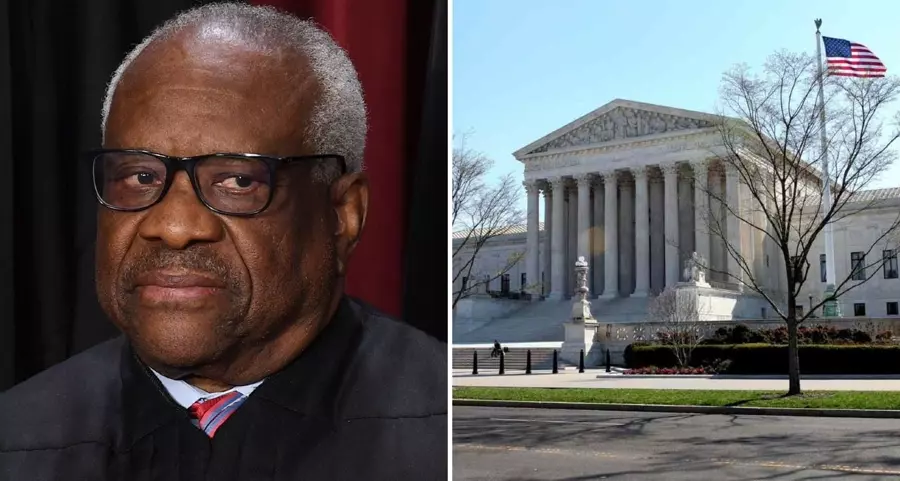The U.S. Supreme Court ruled on Wednesday in favor of a former mayor of an Indiana city convicted of accepting a bribe, in a decision that might make it more difficult for federal prosecutors to bring corruption charges against state and local leaders. The justices ruled 6-3 to overturn a lower court judgment that maintained former Portage mayor James Snyder’s corruption conviction for collecting $13,000 from a truck company that received more than $1 million in contracts while in office.
The court’s conservative justices voted in favor of the verdict penned by Justice Brett Kavanaugh, while the liberal members dissented, Newsmax reported.
Federal prosecutors accused Snyder of corruptly soliciting a payment related to government contracts, a crime punishable by up to ten years in jail. A jury found him guilty, and the court sentenced him to one year and nine months in prison.
While Snyder was mayor, Portage granted two contracts to Great Lakes Peterbilt for the purchase of five trash trucks worth approximately $1.1 million. The following year, while Snyder was still in office, Peterbilt paid him $13,000, which Snyder said was a consultancy fee for his work for the company. According to Kavanaugh, Portage, a city in northwest Indiana with approximately 38,000 citizens, appears to allow local public officials to seek outside employment.
The 7th United States Circuit Court of Appeals in Chicago rejected Snyder’s argument that the federal felony at issue forbids bribery but not gratuities. Snyder then filed an appeal with the Supreme Court. In Wednesday’s opinion, Kavanaugh stated that the federal corruption legislation “leaves it to state and local governments to regulate gratuities to state and local officials.
The legislation does not enhance those state and local rules by subjecting 19 million state and local officials to up to 10 years in federal prison for receiving even routine gratuities,” Kavanaugh said.
In a dissent penned by Justice Ketanji Brown Jackson, the court’s liberal justices voiced alarm about how the decision could weaken efforts to prosecute public corruption.
The government has not used the statute as a dragnet against permissible behavior, but rather to prosecute serious cases involving “exactly the type of palm greasing that the statute covers and that one might reasonably expect Congress to care about when targeting graft in state, local, and tribal governments,” Jackson wrote.
After today, however, the ability of the federal government to prosecute such wrongful conduct is left in doubt,” Jackson said.
Last year, the court reversed the bribery conviction of an ex-aide to Democratic former New York Governor Andrew Cuomo, limiting federal prosecutors’ power to bring corruption cases against state and local officials.
The ruling on Wednesday comes as the Supreme Court has been considering a number of cases involving campaign finance laws and restrictions on political speech, including a case on whether states can ban corporate and labor union spending in election campaigns.




